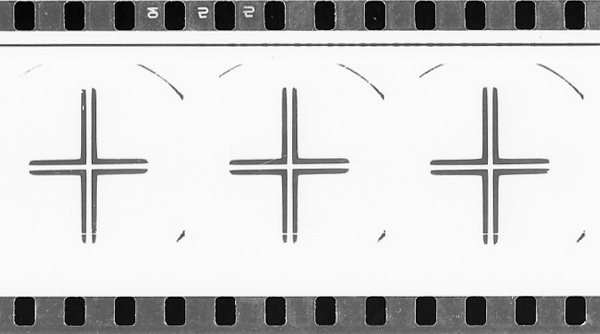Silent Britain

Synopsis
In this pioneering BBC4 documentary, Matthew Sweet takes us on a journey through the first three decades of British cinema, telling the story of one of the most creative, extravagant, pleasurable and yet unknown periods of film history. Of the thousands of films made in Britain before the emergence of sound in 1929, only a fifth survive – most of them preserved in the BFI National Archive. But they were hugely popular in their time: Cecil Hepworth's Rescued by Rover was so popular that the original negative wore out with printing and had to be re-shot, twice – while The Battle of the Somme released in 1916, was watched by an estimated 20 million people. Matthew Sweet visits the actual sites where the very first pioneer filmmakers made their mark, in Leeds, Trafalgar Square and Blackpool. He tracks down former studio premises, in Hove, Muswell Hill and Walton-on-Thames and traces some of the surviving cinemas from the period. Still visible as traces on the buildings of London's film heartland in Soho is the legacy of a vibrant centre of the Cinema business known as Flicker Alley.Britain too had its fair share of glamorous starlets, and luminous leading men who lit up the screens, and here Silent Britain introduces us to unobtainable matinée idol Ivor Novello, the bubbly and vivacious Betty Balfour and debonair movie marrieds, Henry Edwards and Chrissie White (to say nothing of the dog – Blair, the world's first canine movie star). The first documentary to celebrate the visionary filmmakers and the unsung stars of Britain's own Cinema, Silent Britain is fully illustrated throughout with film clips of this extraordinary but vastly underrated period of film history from the first British sex comedy in 1898 to Britain's first talkie in 1929 – Hitchcock's Blackmail.
Matthew Sweet is a writer and broadcaster, and author of the acclaimed book on British Cinema, Shepperton Babylon. Contributors to the programme include screenwriter Michael Eaton, BFI archivist Bryony Dixon and film historians Frank Gray and Ian Christie.
Special Features
- Interview with Neil Brand, one of the world's foremost silent film composers- Cut It Out (Adrian Brunel, 1925)
- Stills gallery